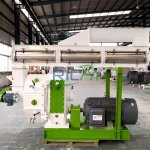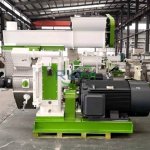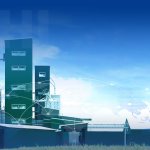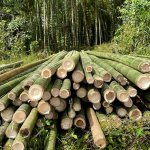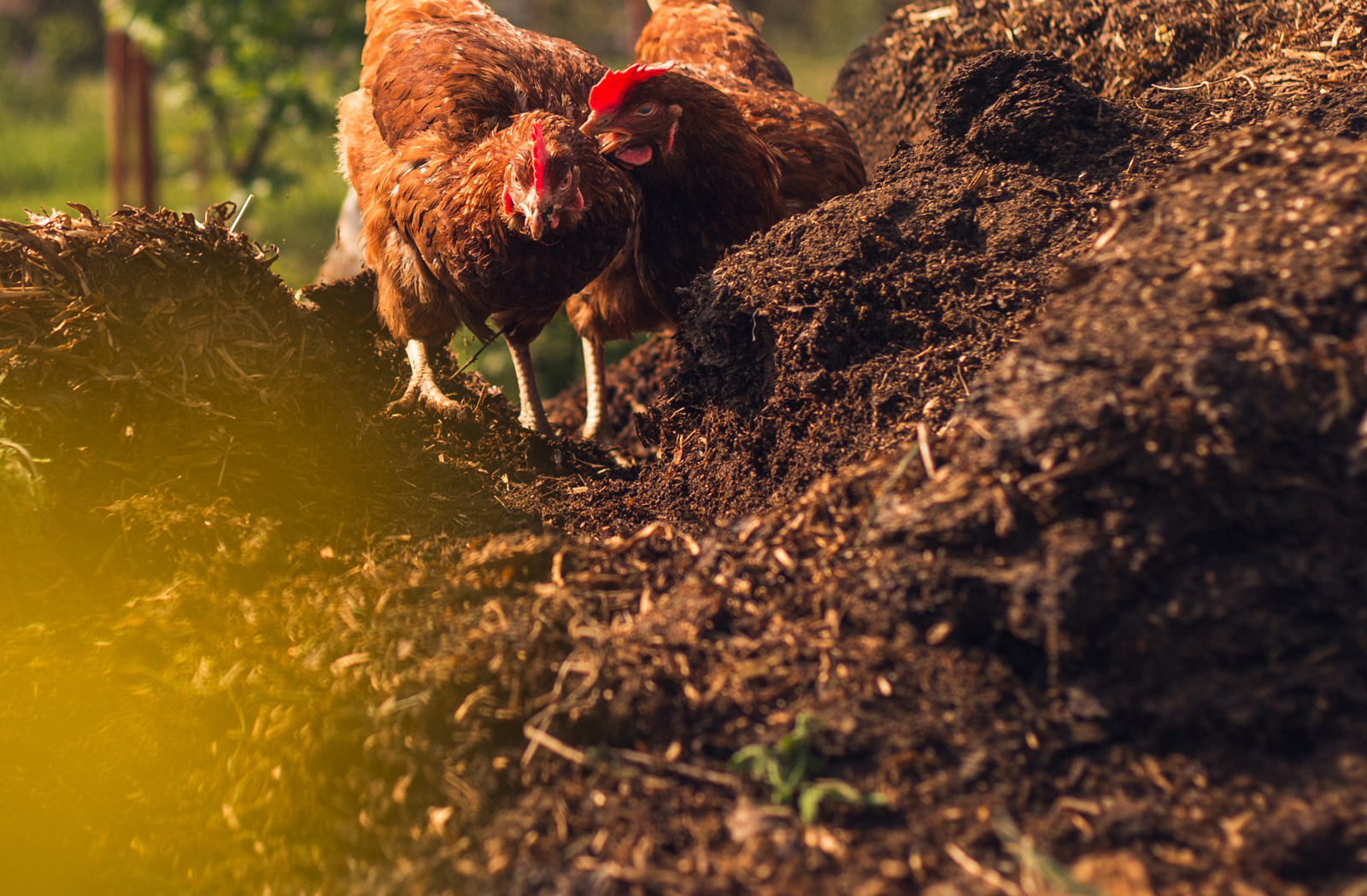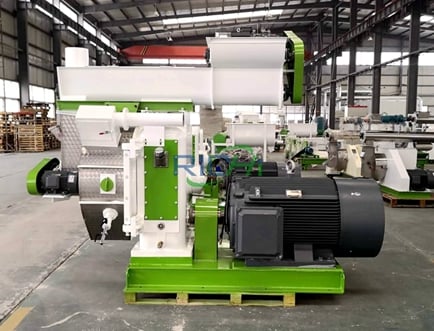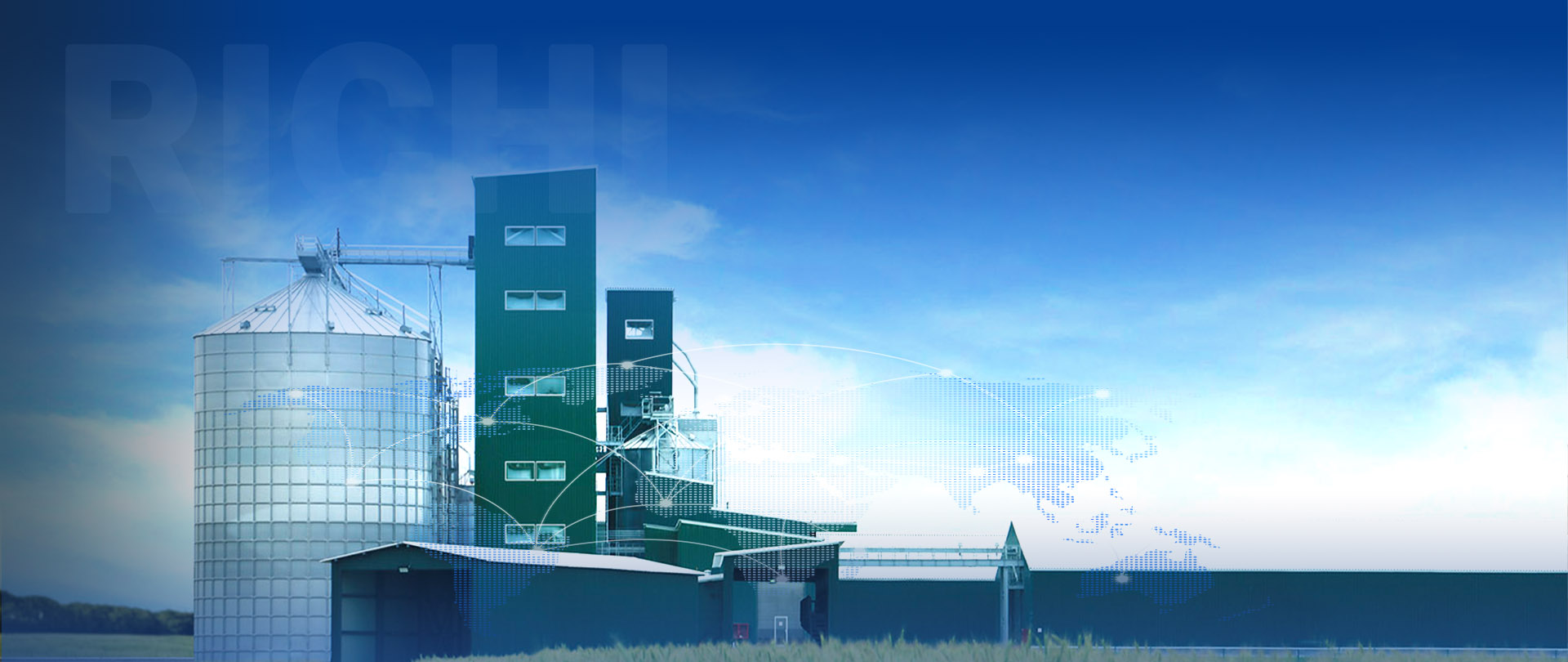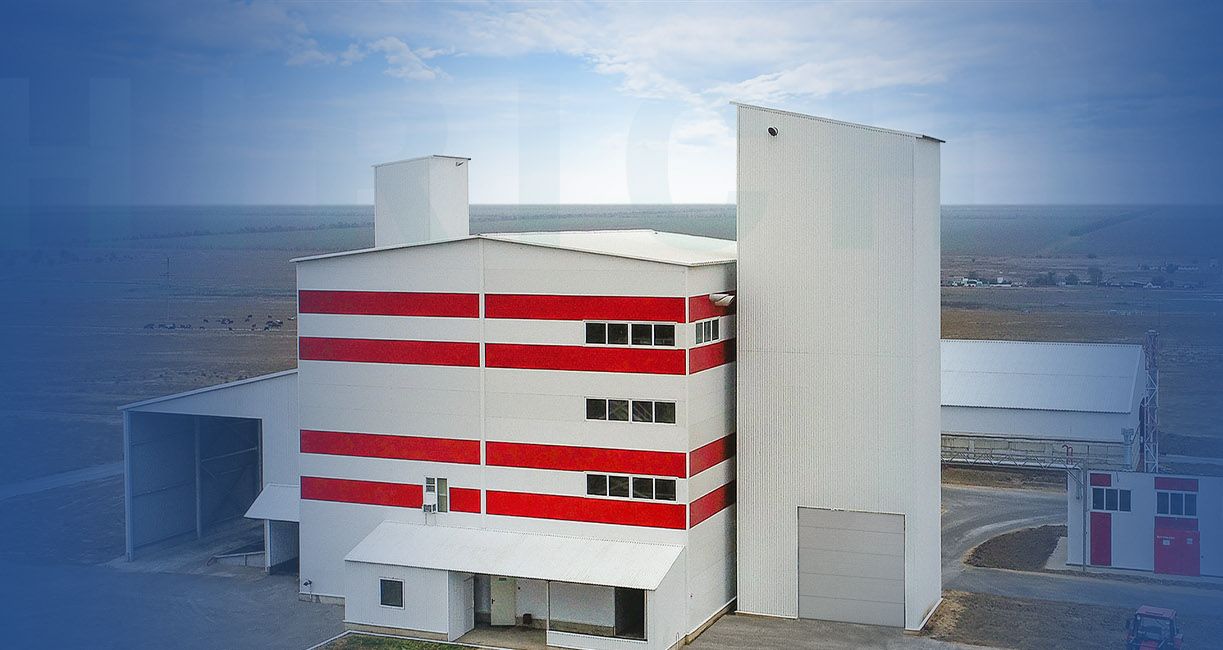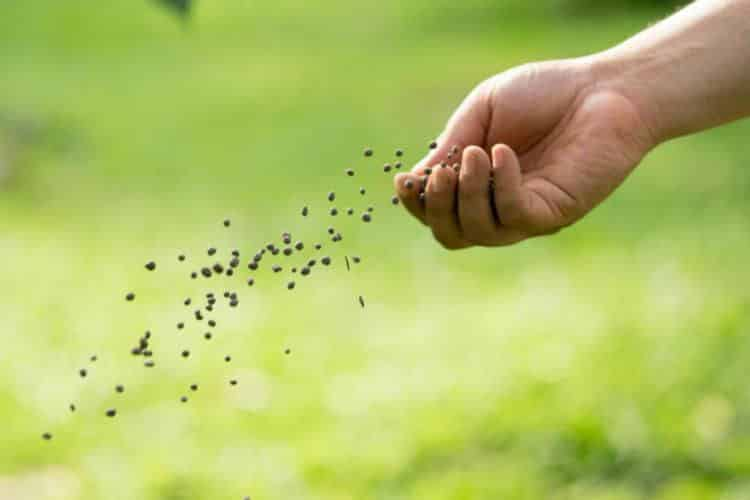In the realm of sustainable agriculture and efficient waste management, the poultry manure pellet machine emerges as a pivotal innovation.
This analytical exploration delves into the functionalities, industry applications, classifications, operational dynamics, and selection criteria of poultry manure pellet machines, with a special focus on the customization capabilities of suppliers like Richi Machinery, a leader in the field based in Henan, China.
Introduction to Poultry Manure Pellet Machines
Poultry manure pellet machine is a specialized piece of equipment designed to transform poultry waste into nutrient-rich pellets. These pellets serve as an organic fertilizer, offering an eco-friendly solution to manage poultry manure while contributing to soil health and crop productivity.
The process not only addresses waste disposal challenges but also taps into the latent nutritional value of poultry waste, making it a cornerstone in organic farming practices.
Industry Applications and Data
The application of poultry manure pellet machines spans across various sectors of the agriculture industry, particularly in organic farming and sustainable agriculture. The global shift towards organic food production has amplified the demand for organic fertilizers, positioning poultry manure pellets as a prime candidate to meet this growing need.
Specific industry data points towards an increasing trend in organic fertilizer market size, with an anticipated CAGR of approximately 7% over the next decade. This growth is underpinned by heightened environmental awareness and the push for sustainable farming practices.
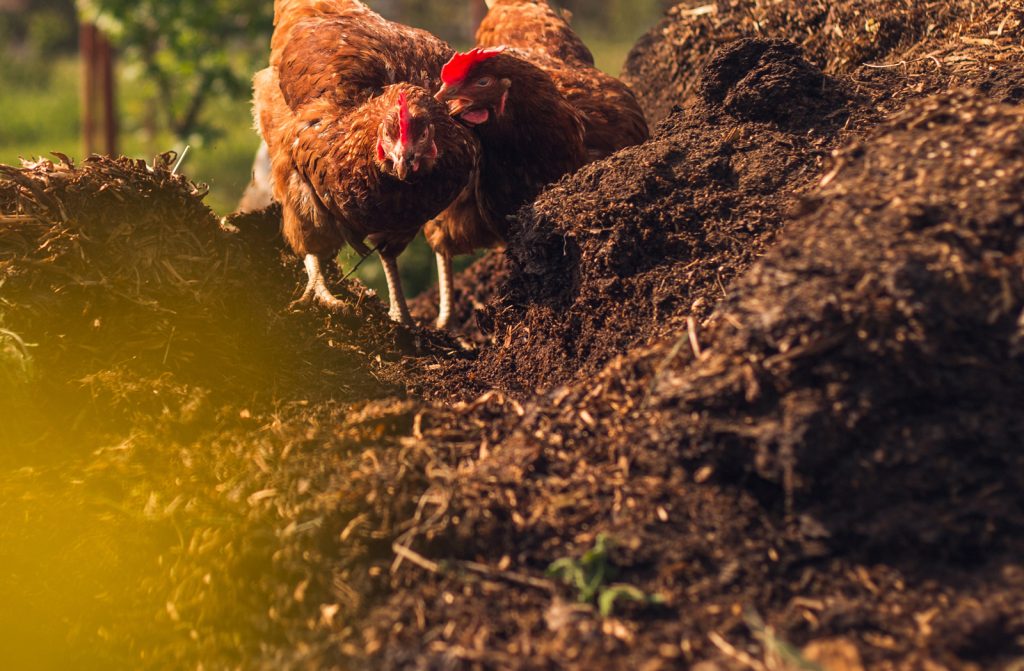

Classification and Operational Principles
Poultry manure pellet machines are classified into several types based on their capacity, automation, and intended use scale:
- Small to Medium-Scale Machines: Tailored for small farms or localized organic fertilizer production, these machines are characterized by their ease of use and lower capacity.
- Large-Scale Industrial Machines: Designed for high-volume production, these machines cater to larger agricultural operations and commercial organic fertilizer manufacturers, featuring advanced automation and higher efficiency.
Operational Principles and Process Flow:
- Manure Collection and Drying: The initial step involves collecting poultry manure and reducing its moisture content to optimal levels for pelletization.
- Feeding: Dried manure is then fed into the pellet machine.
- Pelletizing: The machine compresses the manure through a die, forming dense pellets. This process is facilitated by mechanical pressure and, in some cases, additional heat.
- Cooling and Packaging: The pellets are cooled to solidify and stabilize them before being packaged for storage or sale.
Selection Criteria and Supplier Analysis
When choosing a poultry manure pellet machine, considerations include:
- Production Capacity Needs: Assessing the scale of operation to select a machine with an appropriate production capacity.
- Machine Efficiency and Durability: Ensuring the machine’s operational efficiency and durability to guarantee a good return on investment.
- Supplier Customization Capabilities: Suppliers like Richi Machinery offer significant value through their ability to customize production lines based on specific customer needs and site conditions. This bespoke approach ensures that each installation is optimized for maximum productivity and efficiency.
- Supplier Experience and Reputation: Richi Machinery, recognized as a leading manufacturer in Henan, China, brings extensive experience and a strong track record in delivering turnkey projects. Their expertise in designing, manufacturing, and installing customized pellet production lines stands out in the industry.
Practical Value in Application
The practical application of poultry manure pellet machines extends beyond waste management, contributing to sustainable agricultural ecosystems, enhancing soil fertility, and providing an economically viable solution for organic fertilizer production. The value proposition includes:
- Environmental Sustainability: By recycling poultry waste into organic fertilizer, these machines significantly reduce environmental pollution.
- Economic Benefits: The production of organic fertilizer opens up new revenue streams for poultry farmers and agricultural entrepreneurs.
- Soil and Crop Health: Poultry manure pellets enrich the soil with organic matter and essential nutrients, promoting healthier crop growth.
Conclusion
Poultry manure pellet machines represent a critical advancement in agricultural technology, aligning waste management with sustainable farming practices. By leveraging the expertise of suppliers like Richi Machinery, which specializes in customizing production lines to meet specific operational needs, stakeholders in the agriculture sector can maximize the benefits of this innovative technology.
The future of organic fertilizer production, driven by machinery like poultry manure pellet machines, looks promising, offering a blend of environmental sustainability, economic viability, and enhanced agricultural productivity.

